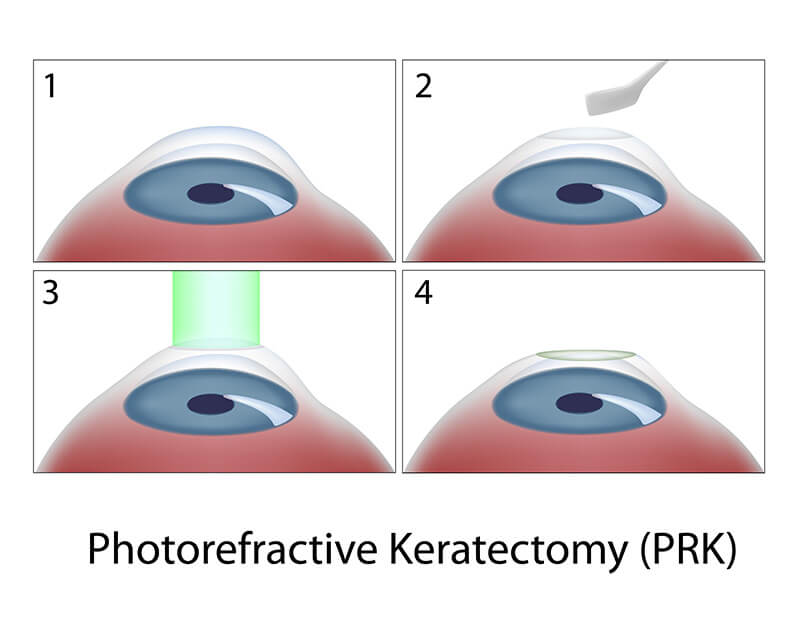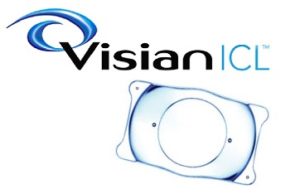 Not everyone is a candidate for LASIK eye surgery. At our Boston LASIK centers we aim to help all people that want vision correction even those who are not LASIK candidates. Many people have thin corneas or simply have prescriptions that are too much for LASIK eye surgery to correct. Listed below you will find a few other options for vision correction that are different than laser vision correction procedures.
Not everyone is a candidate for LASIK eye surgery. At our Boston LASIK centers we aim to help all people that want vision correction even those who are not LASIK candidates. Many people have thin corneas or simply have prescriptions that are too much for LASIK eye surgery to correct. Listed below you will find a few other options for vision correction that are different than laser vision correction procedures.
- PRK (Photo Refractive Keratectomy)
- Implantable Contact Lens (The Visian ICL)
- Refractive Lens Exchange
- Radial Keratotomy (RK)
PRK (Photo Refractive Keratectomy)
Photorefractive keratectomy (PRK) or LASEK is one of several refractive surgery procedures used by ophthalmologists to permanently change the shape of the cornea to improve the way it focuses light on the retina. PRK is an effective alternative to LASIK for many potential refractive surgery patients. PRK results are very similar to LASIK results. In general, PRK patients will have a somewhat slower recovery period. Please feel free to consult one of our staff to better understand the advantages of PRK and whether or not this would be a good option for your vision.

Visian ICL
 The Visian ICL has been called by numerous names throughout its extensive life. Many people refer to this as the implantable contact lens, which was actually its original name but after FDA approval in December of 2005 ICL was officially became the Implantable Collamer Lens. The Visian ICL, as it is now called is an implantable lens that handles vision correction for high levels of myopia but can also be used in moderate cases. The material of this lens is a collamer technology due to its collagen base. It is 100% compatible with your body’s natural chemistry.
The Visian ICL has been called by numerous names throughout its extensive life. Many people refer to this as the implantable contact lens, which was actually its original name but after FDA approval in December of 2005 ICL was officially became the Implantable Collamer Lens. The Visian ICL, as it is now called is an implantable lens that handles vision correction for high levels of myopia but can also be used in moderate cases. The material of this lens is a collamer technology due to its collagen base. It is 100% compatible with your body’s natural chemistry.
Radial keratotomy (RK)
Radial keratotomy (RK) is surgical procedure that has been used since the late 1970’s to reduce myopia by changing the curvature of the cornea. Using a microscope, microsurgical instruments and a diamond blade, the surgeon makes several deep incisions (keratotomies) in the cornea in a radial or spoke-like pattern. People with myopia have difficulty with distance vision because the cornea has too much power and focuses light rays in front of the retina. RK weakens the support of the cornea, flattening it and reducing its power. This allows the light rays to focus directly on the retina.
This procedure is no longer performed.

